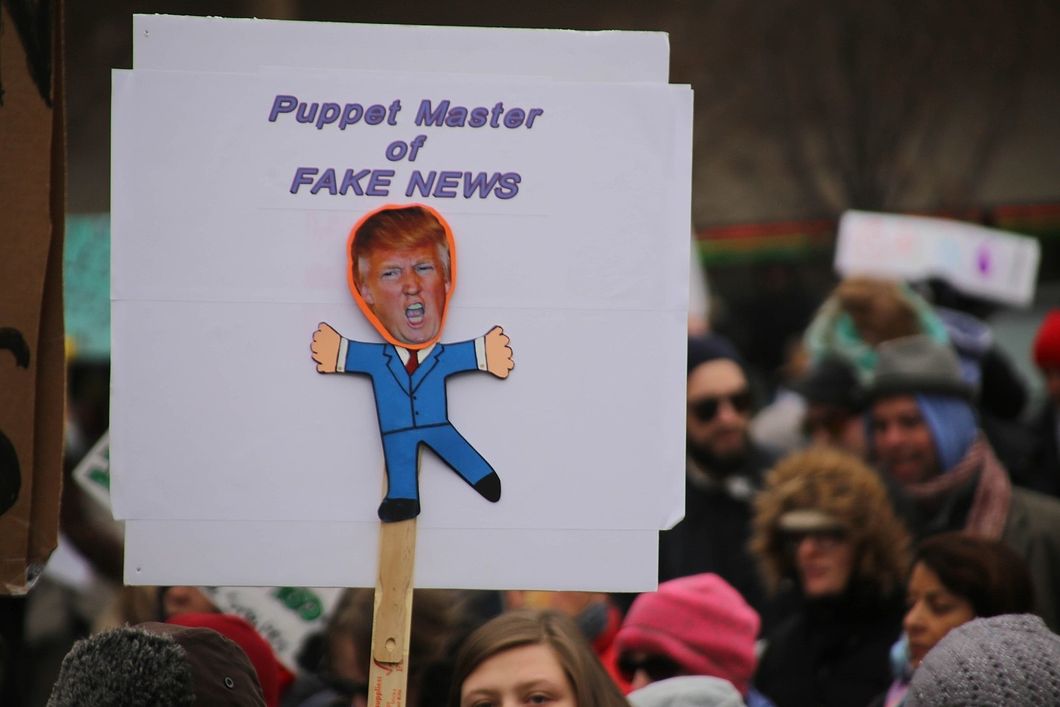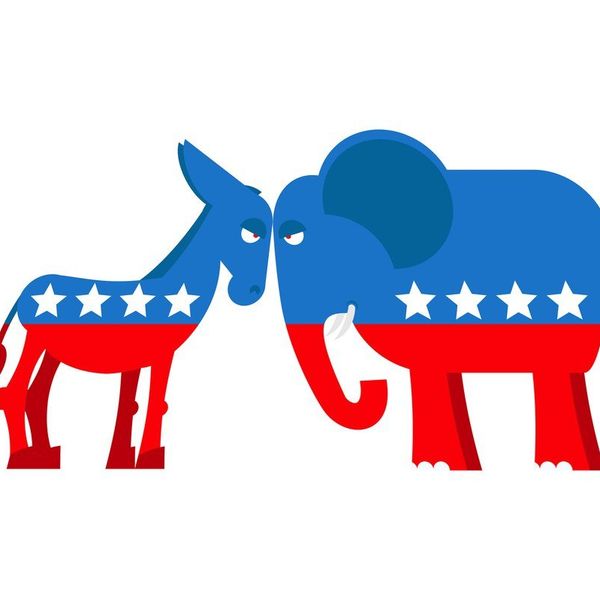What exactly is fake news?
How do we know something is not true, and why do Americans keep believing it?
As we all know, President Trump plays a large part in why this phrase has become so famous. In the past few months, the term has spread like wildfire through politics, social media, and newsrooms across America.
The thing is, fake news has been around for as long as news has been around. In other words, fake news is nothing new.
We all fall victim to fake news. It happens to everyone, especially when it involves celebrities. The most recent batch of fake news I saw surfacing the social media world was about Demi Lovato after her recent hospitalization. A website was spreading a story talking about the death of Demi Lovato.
A few of my friends shared the article, and I'm not going to lie, I believed it at first. However, I decided to look up more credible sources to see if the story was true. I learned that it was indeed fake news.
More notable examples of fake news gained popularity through the most recent presidential campaign. One said that Pope Francis had endorsed Donald Trump for the presidency. The other said that Hillary Clinton had sold weapons to ISIS. All it took was a little bit of research to find out that both of these articles were fake news.
So why do Americans believe fake news so easily? The answer is confirmation bias.
People usually gravitate towards news that supports their beliefs and ignore information that challenges their views. If a story, no matter how questionable it may seem, generates an emotional response, stoking fear or reinforcing beliefs, we bite. The story about Demi Lovato triggered an emotional response, which was what first drew me in.
Before you believe an article, always fact-check your information. See what source is sharing the story and whether or not it is a credible source. Spell-check the article. I know this may sound funny, but some fake news articles will misspell words on purpose.
Always read the entire article to see if you catch anything that you know is false information. Lastly, talk to someone about the topic in question. Someone may know more about the subject than you do.
I will leave you with this. Don't take an article at face-value; read, investigate, converse, and really look into something before you go around saying that you know everything about the incident. It may not always be true.
- Commercials are Basically Fake News ›
- A Response To Dishonest Media And Fake News ›
- 5 Reasons Climate Change Is Fake News ›
- 'Fake News' Needs To Be Called Something Else ›

















